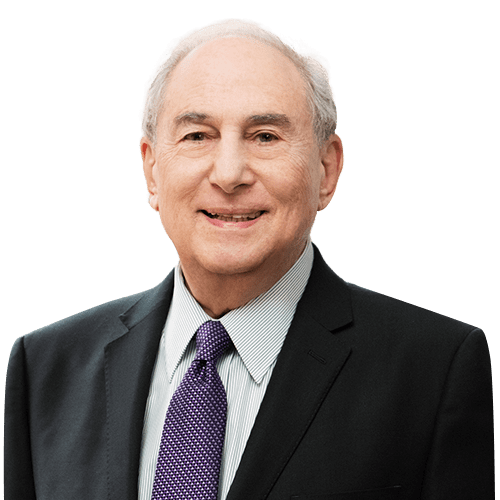Converting Mutual Funds to ETFs: A Fertile Field?
The fund’s adviser, Cavalier Investments (doing business as Adaptive Investments), continues as the ETF’s adviser.
The shareholders received a Form N-14 information statement, prospectus, statement of additional information, president’s letter, and Q&A describing the conversion and the ETF. Shareholders had an opportunity to redeem or exchange their shares in the fund if they did not want to continue as shareholders of the ETF.
The disclosure documents described the shareholder benefits of the conversion as follows:
- Lower expenses through reduced or eliminated transfer agency, shareholder servicing, and state registration fees that more than offset new exchange listing fees and transfer agent and distributor fees unique to ETFs.
- More flexibility in buying and selling shares throughout the day at market prices instead of buying and selling only at the end of the day, although brokerage commissions may be required and market prices may be higher or lower than the ETF’s net asset value.
- More transparent structure with portfolio holdings being published each day.
- Greater tax efficiencies.
The conversion did not require shareholder approval because the merger met the conditions of Rule 17a-8 under the Investment Company Act.
The conversion was a tax-free exchange. However, the fund notified shareholders that some brokerage firms may not accept fractional shares. In that case, the existing fund redeemed fractional shares at net asset value immediately after effectuating the conversion and distributed the cash value of the fractional shares to shareholders. The receipt of the cash value was taxable.
Carlton Fields served as legal counsel to the fund’s independent trustees and continues to do so for the ETF’s independent trustees.

